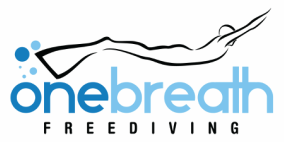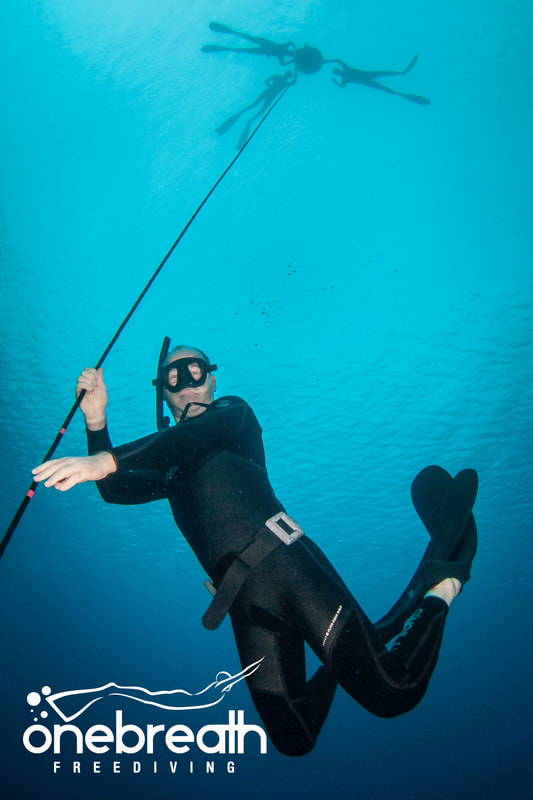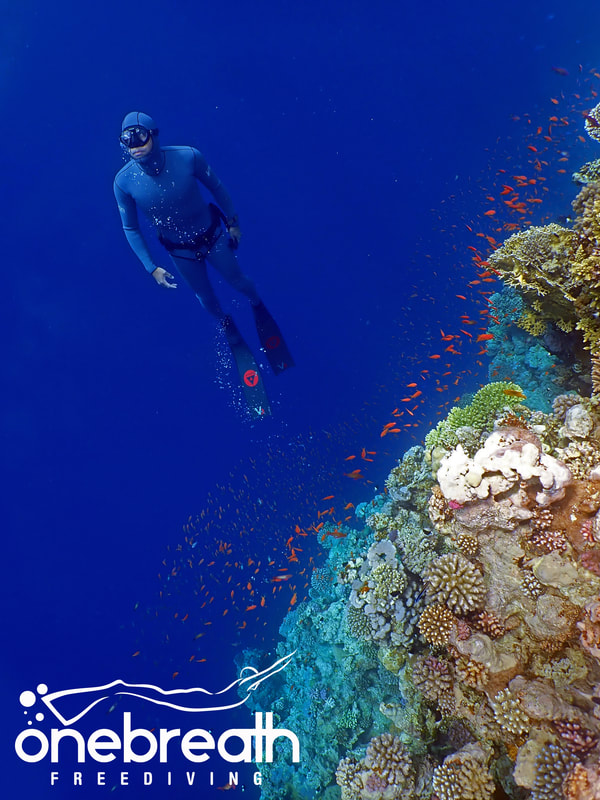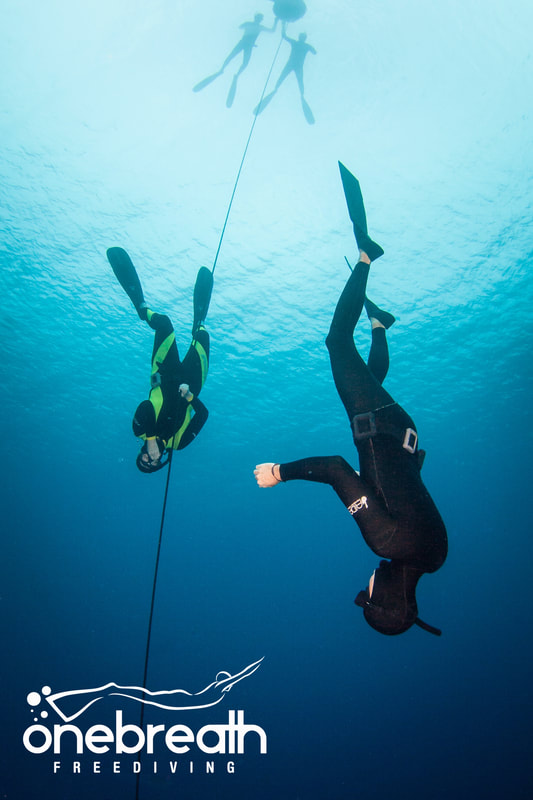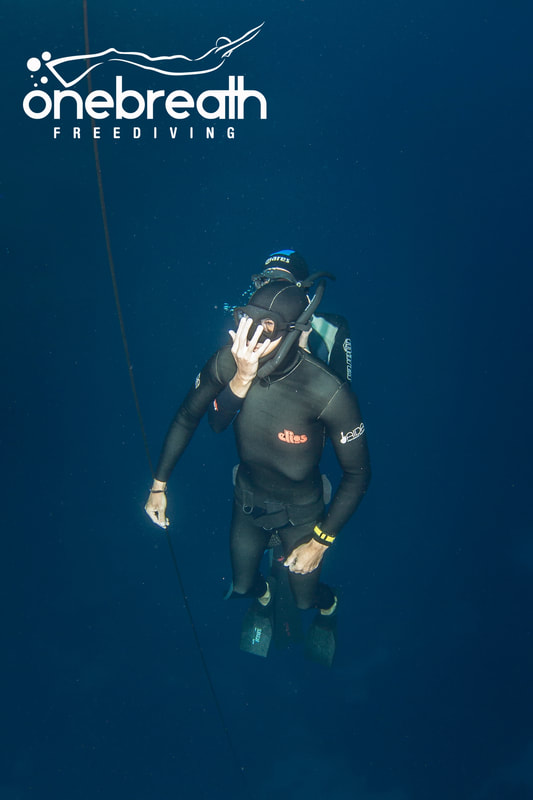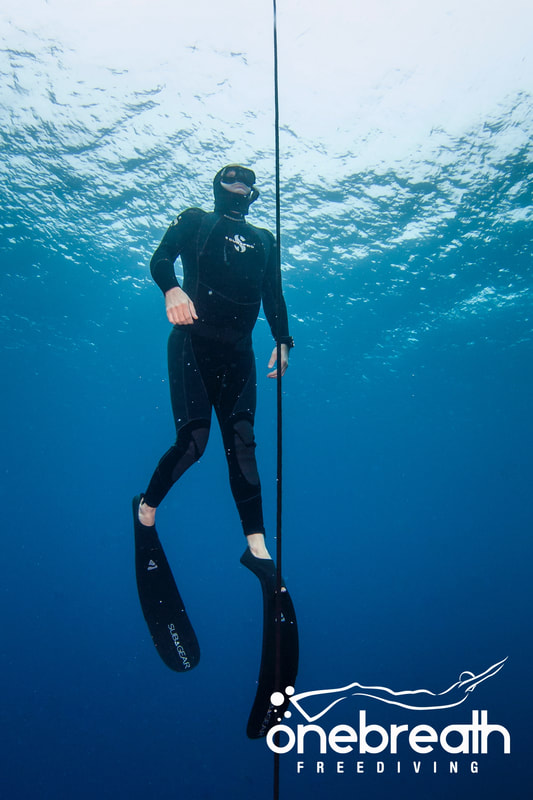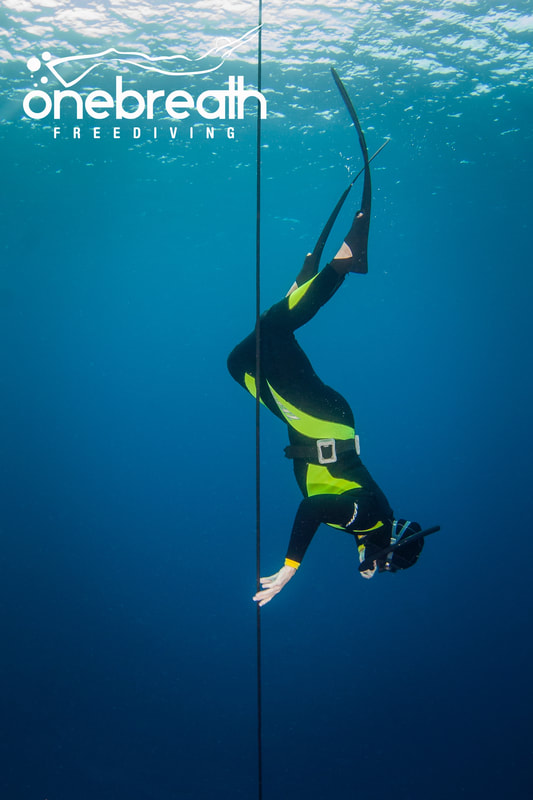Frequently Asked Questions
Below are some of the most commonly asked questions we get. Of course if you have others just get in touch and we will try our best to answer them!
Why One Breath Freediving FAQ's:
|
Q: There are loads of freediving instructors, why should I choose David & One Breath Freediving?
A: David is one of AIDA International's most experienced freediving instructors with over 12 years experience teaching and over 500 students certified. Teaching freediving is a total passion and, not just a side gig! Q: What exactly does One Breath Freediving do differently to others?
A: So much! Small group teaching GUARANTEED. Longer courses so no rushing and more time to learn. Customised course planning and scheduling, such as pre-planning and communication BEFORE the course to maximise your potential while on the course. Assistance in other planning and organising for your course and trip in general (equipment choices, accommodation, travel, location information etc). Q: I see you have a 1-to-1 teaching option. Why should I consider that?
A: With freediving getting ever more popular it's not unusual at some schools to be on a buoy in a group of 4+ students. This really limits how many dives you can do and likewise the attention from your instructor is reduced, making it harder to practice and to learn to your potential. And then the next session you might have a different instructor! This all makes it very hard to learn freediving effectively. Q: I have very specific dates. Can you help me?
A: Yes, no problem! This is the kind of customised course I specialise in. I will endeavor do accommodate your requirements. Booking is first come first served and confirmed via a deposit. |
General Freediving FAQ's:
|
Q: Is freediving safe?
A: Yes it is. We don't push the limits and we progress slowly whilst listening to our bodies. Also each course has a big emphasis on safety and being able to perform a rescue correctly. Q: Can anyone freedive?
A: Yes. Freediving is a sport and as with any sport, if you practice and train you can improve. Also, it's mainly a mental sport so age or fitness is generally not the predominant factor. Q: Do I need to be able to swim to freedive?
A: Yes, otherwise you will not be able to relax while in the water and relaxation is a vital part of freediving. For AIDA1 you should be able to swim 100m, for AIDA2 you should be able to swim 200m. Q: What is the hardest thing about freediving?
A: Equalisation! But all it takes is practice....practice....practice. |
Freediving Courses FAQ's
|
Q: Which course do I take first?
A: If you are a comfortable swimmer and can use a mask and snorkel you can start on AIDA2. Otherwise we would recommend starting with AIDA1. Q: Do I need a medical to take a freediving course?
A: Yes there is a medical form that we will provide for you to see and complete during the booking process. Q: Do I need to book the course in advance?
A: It is highly recommended as we are creating personalised schedules and courses so it's always recommended to help accommodate your needs and avoid any disappointment. Therefore, please get in touch as early as you can. Q: How can I prepare for the course?
A: There will be preparation for the course that you can do, firstly you can download the course manual and start reading the theory content. And there is always ear equalisation practice you can be doing in preparation. We will give you this homework as part of the course booking process. |
AIDA FAQ's
|
Q: Do I receive a certification after completing the course?
A: Yes, AIDA International certification is in the form of a digital certificate that is recognised worldwide. Q: What if I don't complete the course?
A: It might be that you need more practice before you can complete the course requirements but AIDA courses are left open for one year from the date of starting which gives you time to practice and return to it later. Q: Do AIDA courses have an exam in them?
A: All AIDA courses have a written exam for the theory component. For the practical component, requirements are ticked off during the duration of the course. Q: Can I cross over to an AIDA course if i'm certified from a different freediving agency?
A: Yes this is possible with a crossover evaluation day. Contact us for more information regarding this option. |
TRAINING & Coaching Session FAQ'S
|
Q: What does it mean by 'Training Session'?
A: Freediving is a sport and as such it takes practice to improve! So it's not always possible for everyone to jump from one course to the next so taking time in the water to practice with an instructor present is the basis for freediving training sessions. Q: How long is a session in the water?
A: Generally the time in the water on an open water training session will be 80-120 minutes. This can vary depending on the weather conditions, water temperature, group size etc. Q: How many people on will be on a buoy?
A: One Breath Freediving focuses on conducting small group and personalised training with 1-to-1 or 1-to-2 training or course ratios available. You can choose which you prefer! |
Various OTHER FAQ's
|
Q: Is freediving conducted from shore or by boat?
A: Unless otherwise stated, freediving sessions are conducted from shore. Q: Do you provide accommodation or Airport transfer service?
A: Yes, I can organise airport transfer at no extra cost. And I can advise one a range of accommodation options that I think are the best. Q: Can I bring my GoPro with me on the dive session?
A: Actually the use of an underwater video camera is a great way to view feedback of your technique. Generally you can bring it and we keep it on the buoy and use it occasionally for the purpose of visual feedback, but not so much that it distracts you from the course. Q: What are the Current AIDA Freediving World Records?
A: You can see all the AIDA World Records HERE |
Copyright © One Breath Freediving 2024
